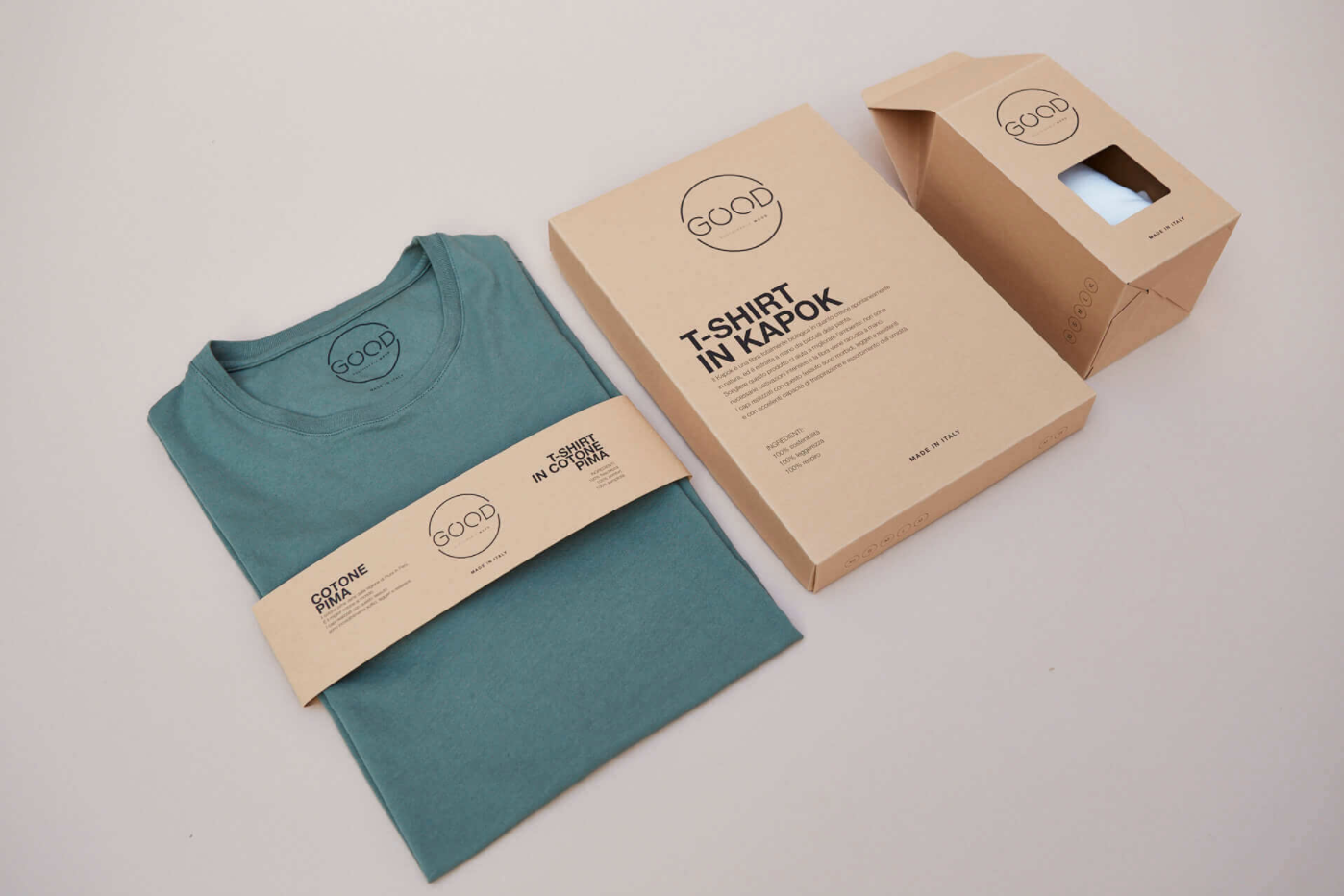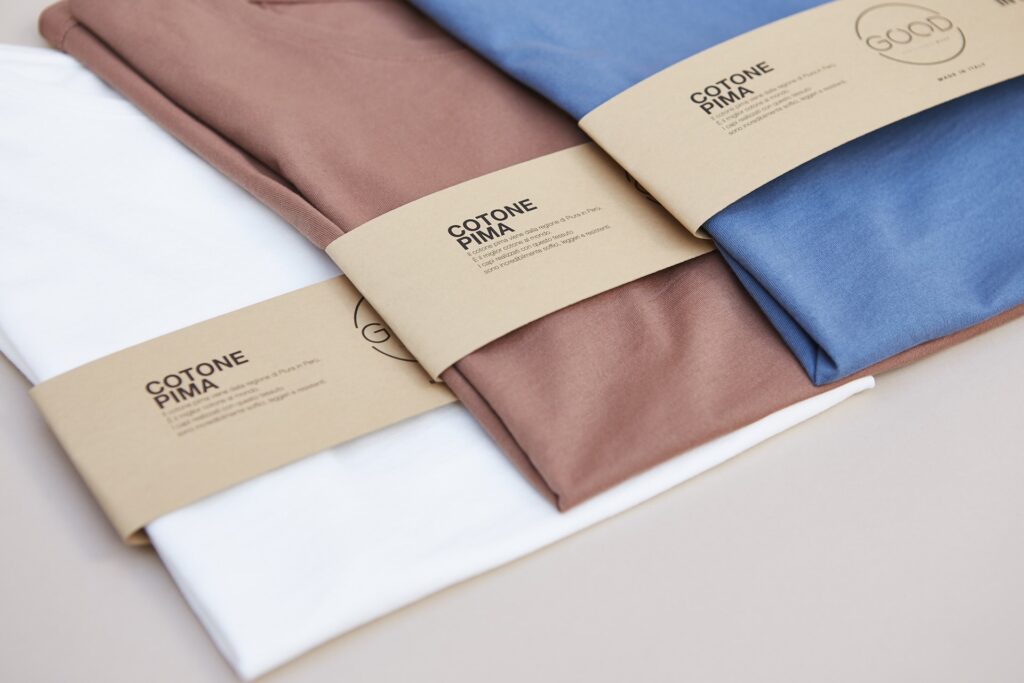“We make a difference one item at a time”.
This is the motto of Good Sustainable Mood, sustainable fashion start-up born in Parma in 2019 that combines sustainable fabrics and circular economy.
The idea was born from the passion of Elena Prestigiovanni who, after years spent working within important Italian and European fashion groups, decided to start from her need as an unsatisfied consumer to start an intense study on innovative materials and sustainable. This led to the birth of one of the first concept stores in Italy dedicated exclusively to eco-sustainable fashion, which later “sprouted” into a slow fashion start-up.
Thanks to the synergy and the connection between companies and potential investors, in July Good Sustainable Mood was selected by Le Village, a program promoted by the Crédit Agricole banking group to support the growth and innovation of companies.
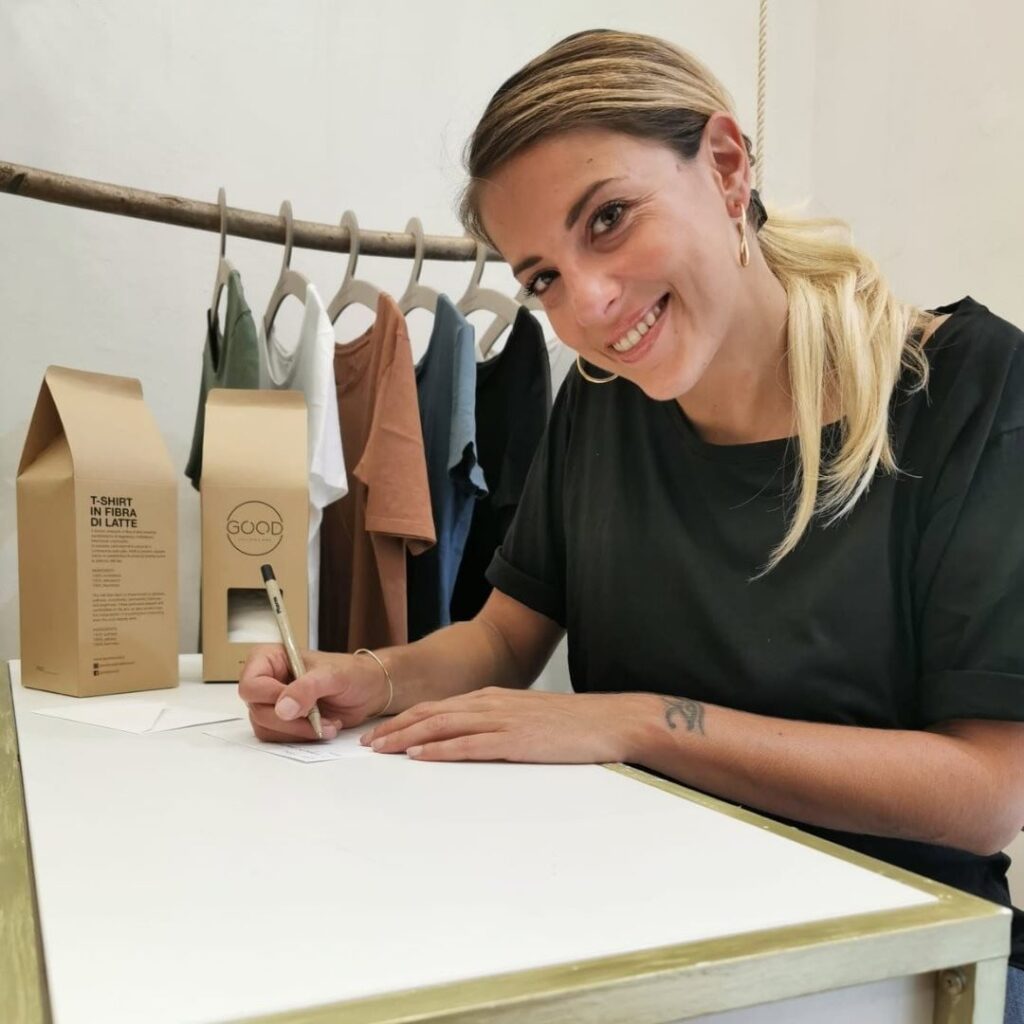
Ceo & Founder of Good Sustainable Mood
Circular Economy e Pre-order for a production Zero Waste
Innovation, sustainability and beauty: this is the triptych of values that guides Elena and her team of professionals, made up of young people under 35, in the production of T-shirts (and since last November 26 also of eucalyptus fiber socks) in compliance with environment, without forgetting aesthetics.
The Good Sustainable Mood production process is based on the concept of Circular Economy and the principle of sufficiency to re-design the relationship between the final consumer and the production chain. By analyzing each step of the production chain, it wants to guarantee a process that is as sustainable as possible from both a social and environmental point of view, aiming to obtain a Zero Waste production. The production chain originates from the demands of consumers who, thanks to a Pre-Order system, start production accordingly. With the pre-order, the consumer takes upon himself the responsibility of being the first link in the production chain. He owes the birth of the garment to himself and in the period of “productive gestation” he has time to become attached to it. In this way, Good wants to establish an educational and cultural process for the consumer, who takes an active role by collaborating in the elimination of deadstocks and positively impacting both the environment and the final price.
Production chain 100% Made in Italy
The other actors of the “cast” of the supply chain also have a central role: Good Sustainable Mood carries out rigorous checks on all its partners, in order to create a transparent and optimized supply-chian and to know exactly every element that contributes to finished garment. For the production of the garments it relies on small Italian laboratories based in Northern Italy and concentrated within a radius of about 40km from the Parma headquarters, symbols of Made in Italy excellence.
Innovation, sustainability and beauty
The sustainability of Good Sustanaible Mood is expressed not only in the business model, but also in the choice of raw materials: innovative GOTS certified vegetable fibers.
The Global Organic Textile Standard was developed by leading international organizations in organic agriculture, so as to guarantee the consumer that organic textile products are obtained in compliance with stringent environmental and social criteria applied at all levels of production, from the harvesting of the natural fibers to the subsequent manufacturing phases, up to the labeling of the finished product.
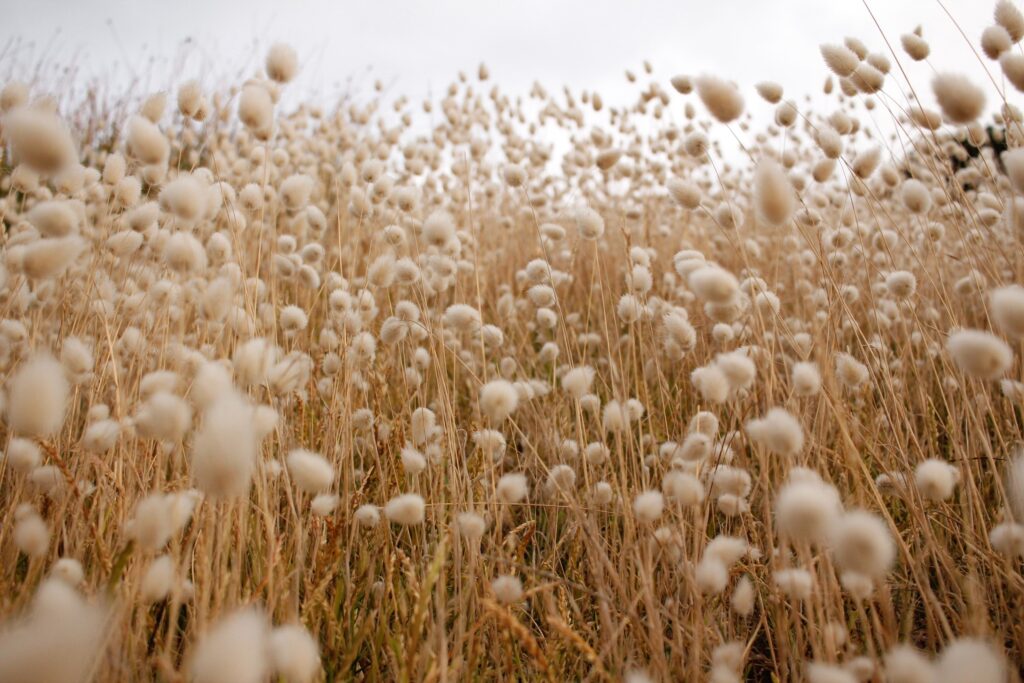
Obtained from the waste from the milk food chain, it is a completely ecological material patented by an engineer from Brescia in the 1930s. Through modern processing techniques it is transformed into a light fabric (with the same fabric, the weight is 10% less than silk and 13% compared to polyester), soft, fresh and bright, with beneficial properties for the body. Thanks to the amino acids of dairy proteins, it nourishes and moisturizes the skin and also stimulates blood circulation, even after numerous washes. Tests have shown that this fabric also acts as a natural shield against UV rays.
The fiber is obtained from the processing of recovered milk casein, that is, expired or discarded by strict food standards, which, once taken from the production surplus collection centers, is transformed from dietary protein to textile fiber. This process involves a change of shape of the casein molecules, which are separated from the whey and subsequently isolated and denatured. At this point they are dried to become powder from which the wet spinning process starts. The weaving on the machinery follows to obtain the fabric which is then purged from the rough processing, through a washing without detergents. Milk-based fabrics not only ‘recycle’ wasted and unusable milk, but also save water: only one liter is used to make a kilo of milk fiber, compared to the 50 used for cotton.
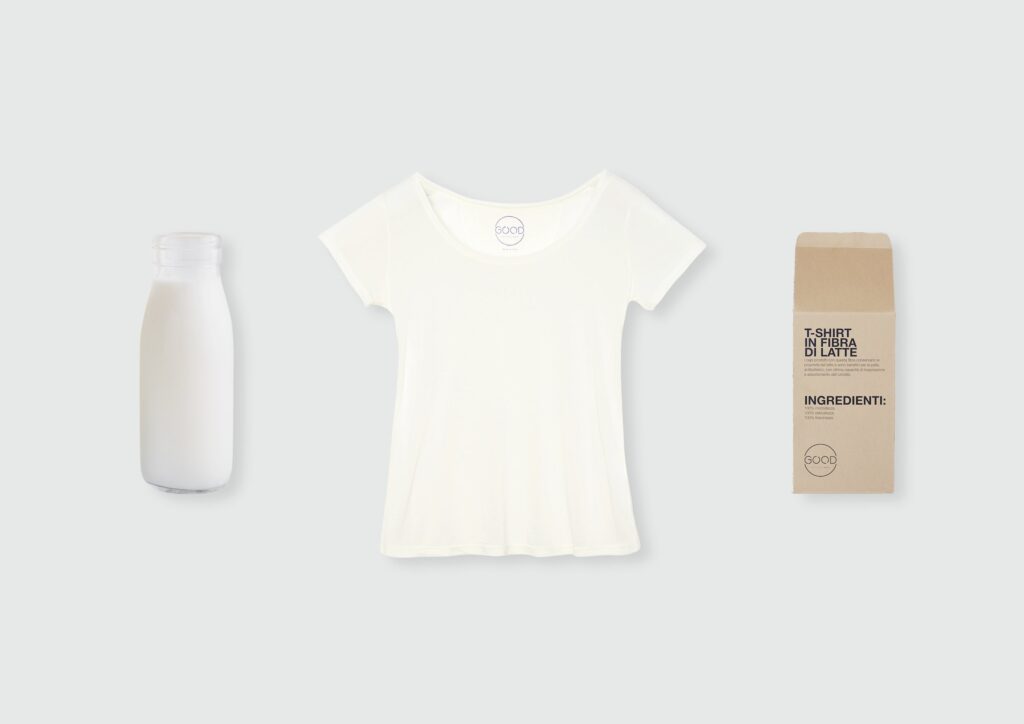
A soft and luminous ECOVEROTM certified textile fiber, extracted from the pulp of beech wood from responsibly managed forests. ECOVERO ™ branded viscous fibers are produced only from certified and controlled wood sources with significantly less use of fossil energy and water resources, up to 50% less than generic viscose.
Through an exclusive treatment, the result of strong craftsmanship and the use of advanced technologies, we arrive at a sustainable fabric that lasts over time, more absorbent and resistant than cotton, as breathable as linen and as delicate and soft as silk. The wood fiber also stands out for its thermoregulation and transpiration capabilities, which allow it to absorb moisture to a greater extent than any other fabric, and for its resistance to frequent washing, preserving the beauty and softness of the garment.
Fiber of vegetable origin extracted from the Kapok plant, which arises spontaneously in tropical areas (there is also a small Italian crop) without the use of fertilizers or chemicals. Extracted by hand from the pods of the plant, it does not require intensive cultivation and cultivation without the use of fertilizers or pesticides allows for ecological and natural disposal. Similar in appearance to cotton but 6 times lighter, kapok is particularly suitable for allergy sufferers, thanks to the thermoregulatory action carried out by the air inside the hollow fiber.
One of the finest cottons in the world, produced in the Piura and Chira regions of South America. The harvest, carried out strictly by hand to select only the fully ripe tufts, is completed in three stages, following the flowering of the plant which begins on the low branches (where there are the best flakes) and thus ensuring the quality of the fiber. This cotton is appreciated for its extraordinary softness, delicate sheen, resistance to wear and pilling.
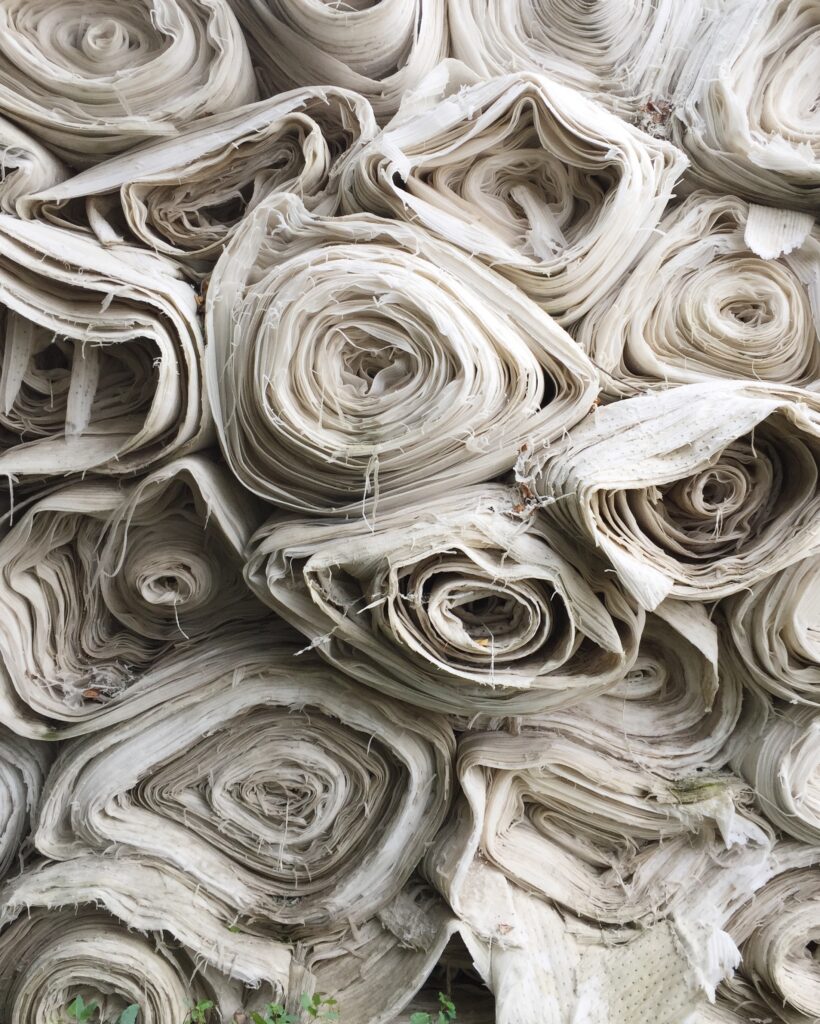
Characterized by a silky softness and an incredible lightness, it is produced by extracting the pulp of the wood of eucalyptus trees grown by companies certified by the Forest Stewardship Council (FSC), which guarantee the TENCEL ™ Lyocell certification. The garments in this fabric have excellent resistance, high breathability and excellent moisture absorption power (about 50% greater than cotton). The porous structure of the fiber facilitates the passage of a greater quantity of air, creating an environment hostile to the development of bacteria and mites. Not to mention the fact that it dries very quickly and does not require ironing.
Good Sustanaible Mood’s attention to sustainable raw materials is also directed to packaging: only FSC-certified paper and vegetable inks that guarantee a reduction in Cov (volatile organic compounds), greater ease in the recycling of printed products and minimal toxicity.
ESSENTIAL AND TIMELESS DESIGN
Sustainability and beauty both have importance for Good Sustainable Mood. It is the design of the garments that adapts to quality and not vice versa: simple T-shirts in shapes and in solid colors, which can be used on different occasions, even for 10 years, thanks to the resistance of the materials used and the techniques used.
The choice of the garment dyed technique for coloring is not in fact dictated by an aesthetic requirement, but derives from the desire to optimize production. Normally, to produce a garment, a pre-colored fabric is purchased in a minimum quantity defined by the suppliers, which often exceeds what is actually needed. The surplus ends up being thrown away or on the contrary it is equally put into production, generating unsold. It is for this reason that Good Sustainable Mood buys raw fabric, dyeing it only after packaging the garment, avoiding waste of fabric and color, as well as being able to choose at any time to produce new models and colors.
This system does not in any way affect the management of garments for consumers. All garments can be washed in the washing machine (the only care is required by the milk fiber when washing with the silk program), without the need to take them to the laundry. Definitely a cheaper and environmentally friendly method, also considering the fact that T-shirts are by nature garments used daily and therefore require frequent washing.
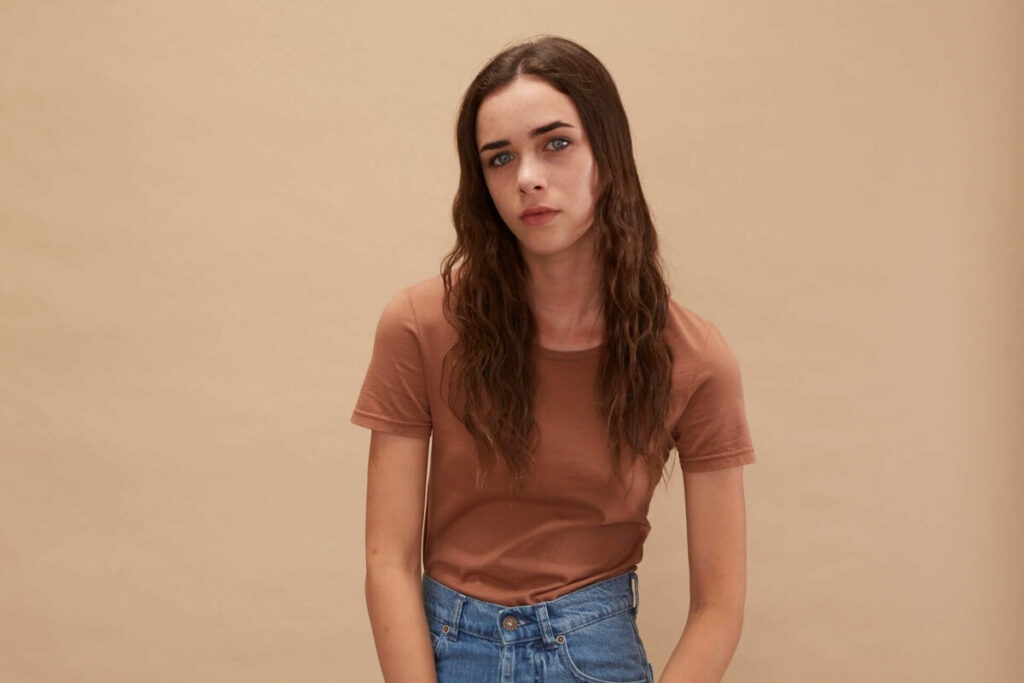
After the great success in the wholesale network at the launch of the first collection in 2019, last spring’s collection was welcomed with great success in a selected network of stores mainly located in Northern Italy; while thanks to the E-commerce specially launched on April 22, on the occasion of World Earth Day, it is now possible to buy Good garments from all over Europe.


